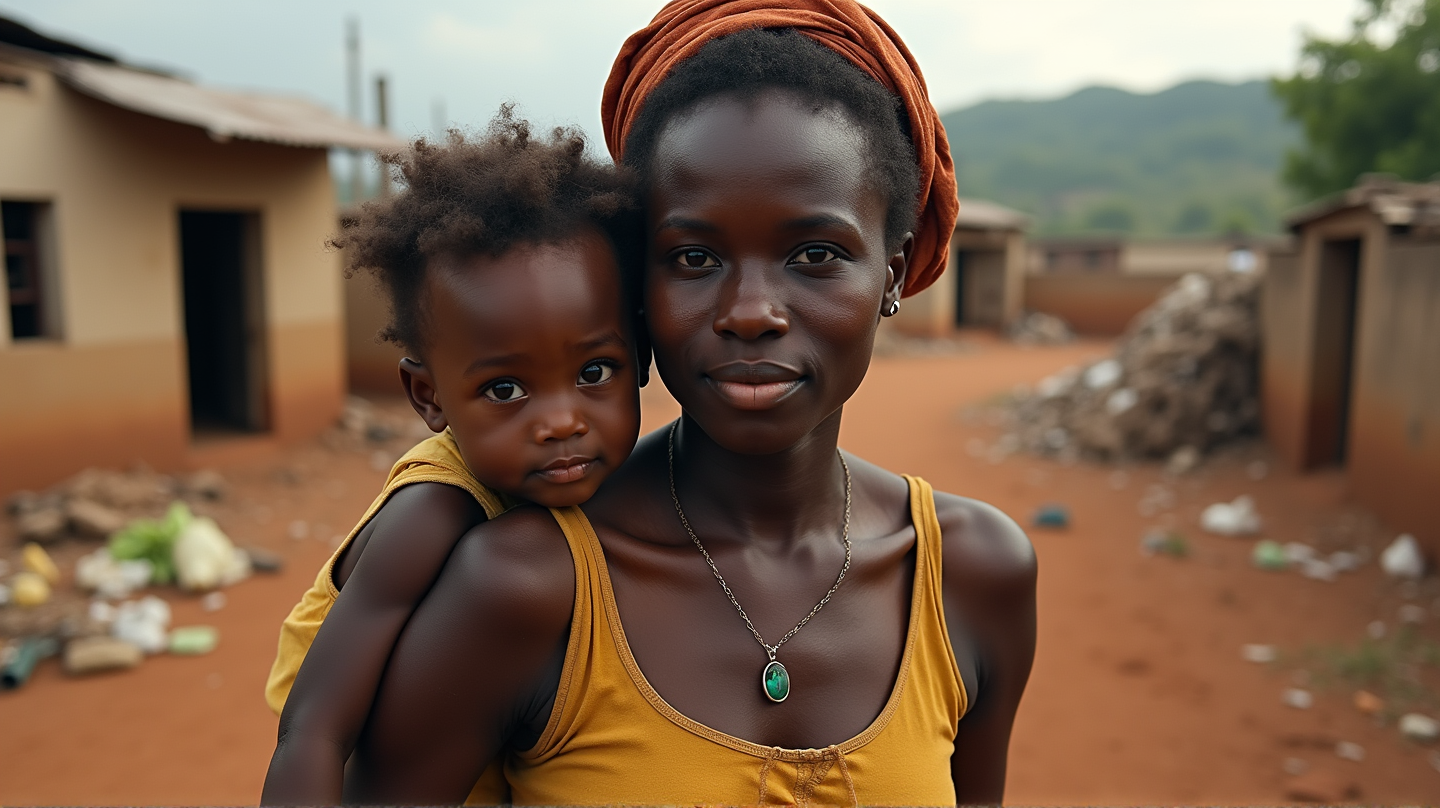Global Alert: Record Hunger Strikes Haiti Amidst Violence and Economic Decline
Haiti faces record hunger levels with women and children hardest hit, compounded by economic woes and violence. Urgent aid needed.

As the humanitarian crisis deepens in Haiti, the World Food Programme (WFP) has raised alarms over escalating malnutrition and hunger that disproportionately affects women, children, and displaced families. This alert follows the latest Integrated Food Security Phase Classification (IPC) analysis, which starkly reveals the acute hunger afflicting the Caribbean nation. According to UN News, more than half of Haiti’s population faces severe hunger, highlighting a tragic reality that requires swift global attention.
Soaring Malnutrition Rates
“Half of Haiti is going hungry,” Tweeted WFP Executive Director, Cindy McCain. Incredibly, 5.7 million Haitians are battling severe hunger, with child malnutrition rates doubling over two years—from 7% to 14%. Some areas report even more dire statistics, indicating an urgent call to action to avert further deterioration, as children remain the most vulnerable.
Financial Urgency for Immediate Response
The UN agency, while making strides by reaching 2.2 million Haitians, underscores the insufficiency of current resources. Highlighted in WFP’s latest plea is a $139 million funding gap to support Haiti’s most vulnerable over the next year, as economic decline and armed violence exacerbate the crisis. The agency appeals for global solidarity to bridge the hunger emergency’s funding shortfall.
Sudan’s Civilian Crisis in El Fasher
Meanwhile, Sudan’s precarious situation in El Fasher sees the UN condemning recent drone attacks that killed 57 civilians over a weekend. The Humanitarian Coordinator, Denise Brown, strongly criticized the targeting of civilians, hospitals, and schools, reiterating the need for respect of international humanitarian law. The attacks, attributed to the Rapid Support Forces (RSF), highlight the urgent need for humanitarian access and a cessation of violence in conflict-ridden regions.
Milestone in Health for the Maldives
In a landmark public health development, the Maldives has become the first nation to eliminate mother-to-child transmission of HIV, syphilis, and hepatitis B. The World Health Organization (WHO) praised the island nation for its dedication to maternal and child healthcare, noting the achievement as evidence of what political will and sustained investment can achieve in public health. WHO Director-General Tedros Adhanom Ghebreyesus lauded the Maldives for this milestone, stressing the importance of continued progress in maternal, child, and adolescent health.
The global community watches with hope and responsibility, as nations like the Maldives demonstrate that eliminating mother-to-child transmission of deadly diseases is possible, providing a beacon of possibility for broader global health endeavors.





